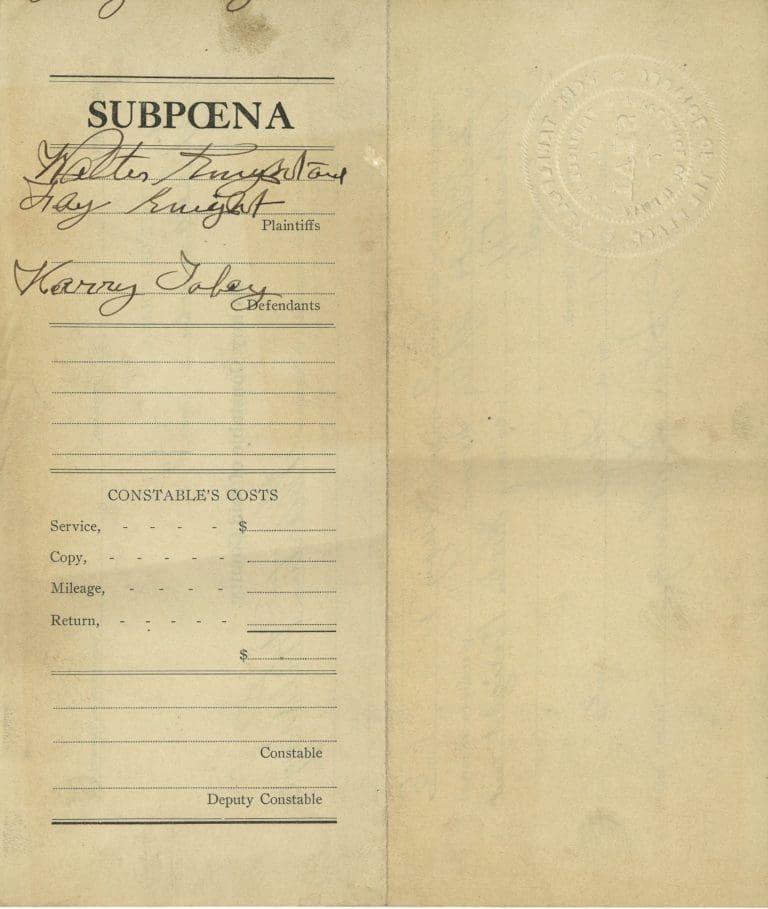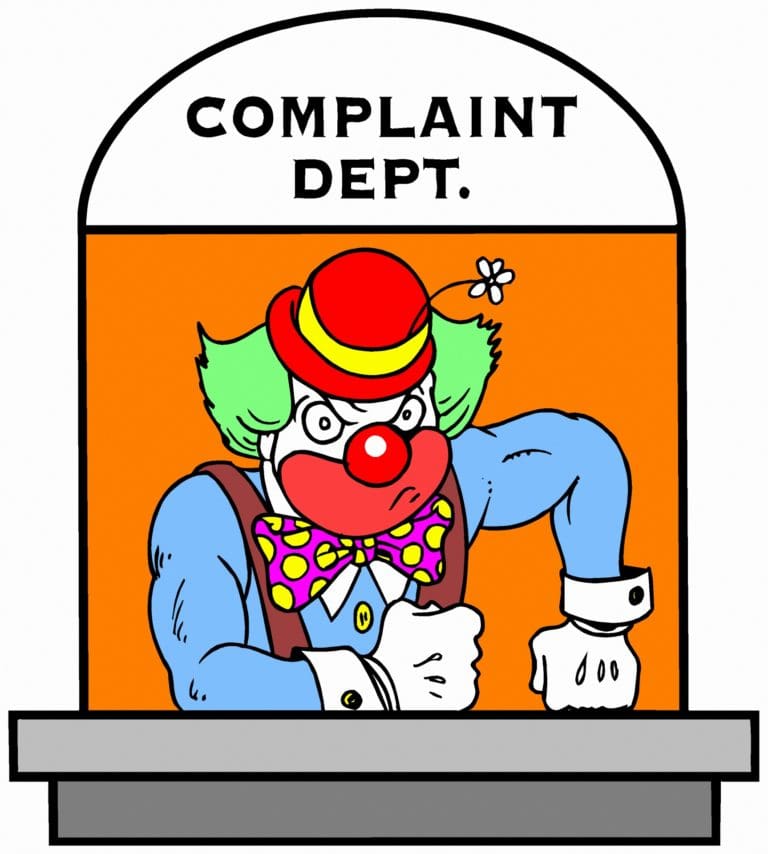North Carolina Rules of Civil Procedure
In 2019, banks BB&T Bank and SunTrust Bank announced a merger, with the new bank to be named Truist Financial Corporation (“Truist”). In response, Truliant Federal Credit Union (“Truliant”) filed a lawsuit alleging the name Truist infringes on Truliant’s trademark in its name. For a discussion of trademark law and trademark infringement, please see Lord…
Read MoreA subpoena is a very useful tool for gathering information in civil litigation. They are also used in other contexts, such as by the United States Congress (for example, the congressional subpoena issued to Rudy Giuliani). A civil subpoena is a document provided to an individual or entity compelling that individual or entity to do…
Read MoreWhat is Fraud? Fraud is broadly defined as an intentional misrepresentation or concealment of material fact made with intention and calculation to deceive, causing the other party to be deceived and, as a result, harmed. Elements In North Carolina, a civil claim of fraud has five essential elements. A false representation…
Read MoreHave you or your company ever been subpoenaed by someone and you wonder, “wait, why am I being dragged into their mess?” It seems unfair. Why should you have to take time out of your busy day to help someone else either pursue or defend their own lawsuit? Let’s face it, most people don’t want…
Read MoreThe North Carolina Business Court recently entered Rule 11 sanctions against attorneys who relied on inaccurate information from their clients in preparing and filing lawsuits. The decision comes just two months after the NCBC awarded Rule 11 sanctions in a case with similar facts (which we summarized Here). …
Read MoreEarlier in September the North Carolina Court of Appeals highlighted the procedural difference between challenging the validity of a will through a caveat proceeding and resolving questions as to the construction of a will through an action for declaratory judgment.[1] …
Read MoreIn September 2011, Southeast Air Charter, Inc. (“Southeast Air”) brought suit against three (3) employees (“Defendants”) alleging, among other things, breach of fiduciary duty and constructive fraud. The North Carolina Business Court (“NCBC”) determined all defendants were rank-and-file employees of Southeast Air and therefore could not be subject to the…
Read More







